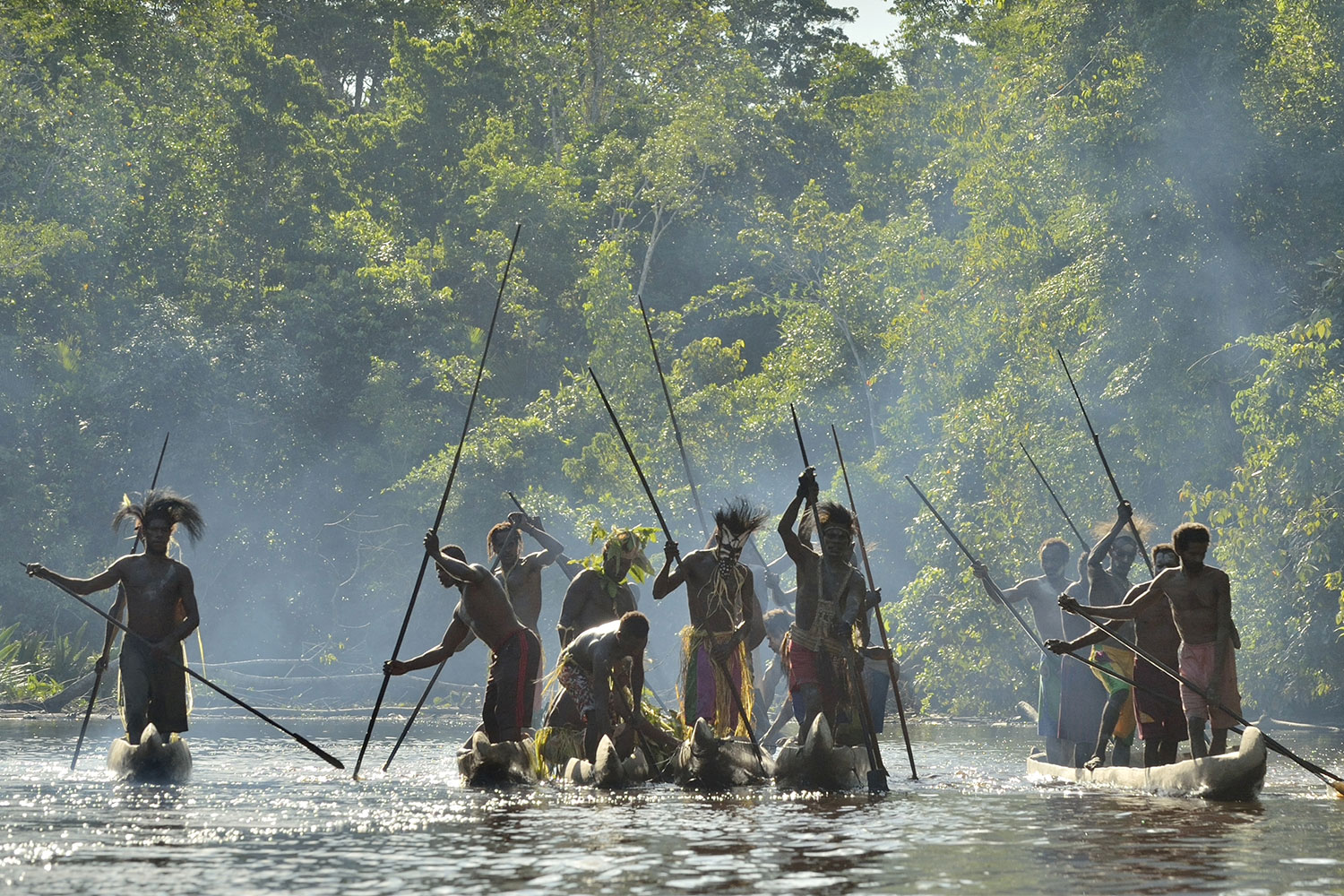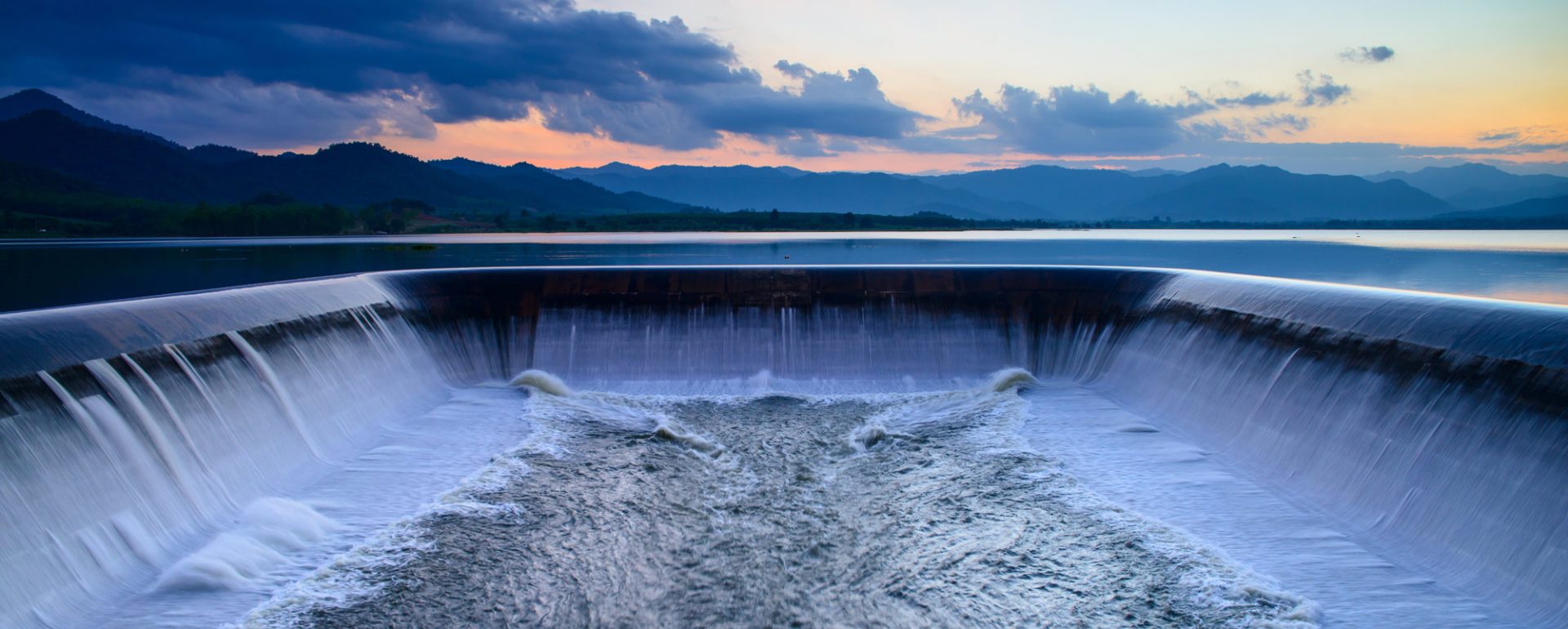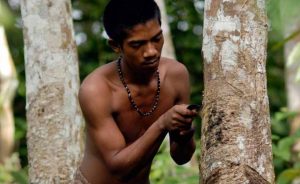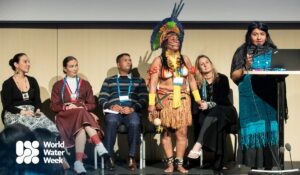Indigenous peoples are the custodians of many of the world’s most fragile and important ecosystems. They also possess invaluable knowledge about sustainability and resilience, so they have a vital role in protecting our environment.
Across the world, indigenous peoples already manage many water-related risks by bringing traditional knowledge and solutions to a changing climate. In many cases, these measures align with the actions and expertise given by water and climate experts, and deserve greater attention and consideration within national and global climate action arenas. Examples of this are starting to appear, but much more can be done. To put it simply: indigenous peoples represent a source of knowledge that the world cannot afford to ignore.
According to a widely recognized UN definition, indigenous peoples are communities that live within, or are attached to, geographically distinct traditional habitats or ancestral territories, and who identify themselves as being part of a culturally distinct society or community. More than 370 million people across 90 countries, or five percent of the world’s population, fit that description. Together they occupy, own, or manage an estimated quarter of the earth’s land surface, much of which is of particular importance to the protection of the world’s remaining biodiversity.
Nature Stewardship
Many indigenous value systems are built upon social-cultural values that place importance on the relationship and the interconnections between people and water. These often contain a strong ethic of stewardship, as opposed to seeing water only as a resource, and usually imply a role of protecting and managing water bodies in a sustainable way.
Many indigenous peoples’ systems look to balance immediate and future human needs with those of plants, animals, and spirits. These systems are based on traditional ecological knowledge, principles and practices, as well as deeply rooted wisdom and experience regarding water management that should not be ignored. Rather, we must find ways to promote and incorporate these perspectives in our climate actions, particularly in a water context.











